Zhoujie Zhang is an independent designer and digital artist.
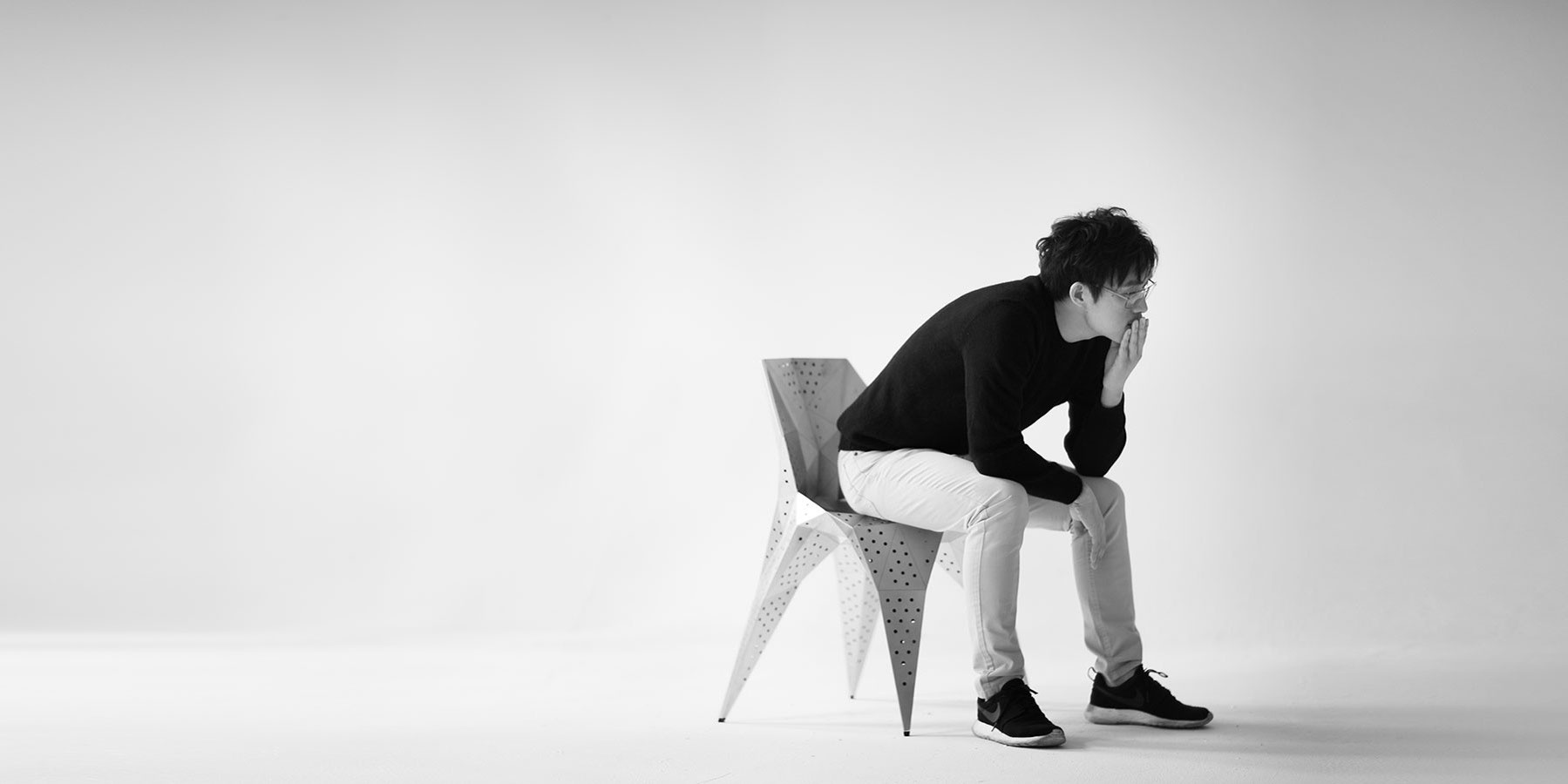
Zhang graduated from Central Saint Martins College of Art & Design in London, and is a member of the Architectural Association School of Architecture. He established Zhoujie Zhang Digital Lab in 2010. He is a pioneer in the realm of digital creativity.
His work is known for being independent, experimental and futuristic. Zhang believes that objects in the digital world can grow and morph much like things found in nature, and he is dedicated to discovering and exploring the methods within these transformations. His work mainly focuses on the simplicity of logic, variety and unpredictability, which is based on his understanding of nature.
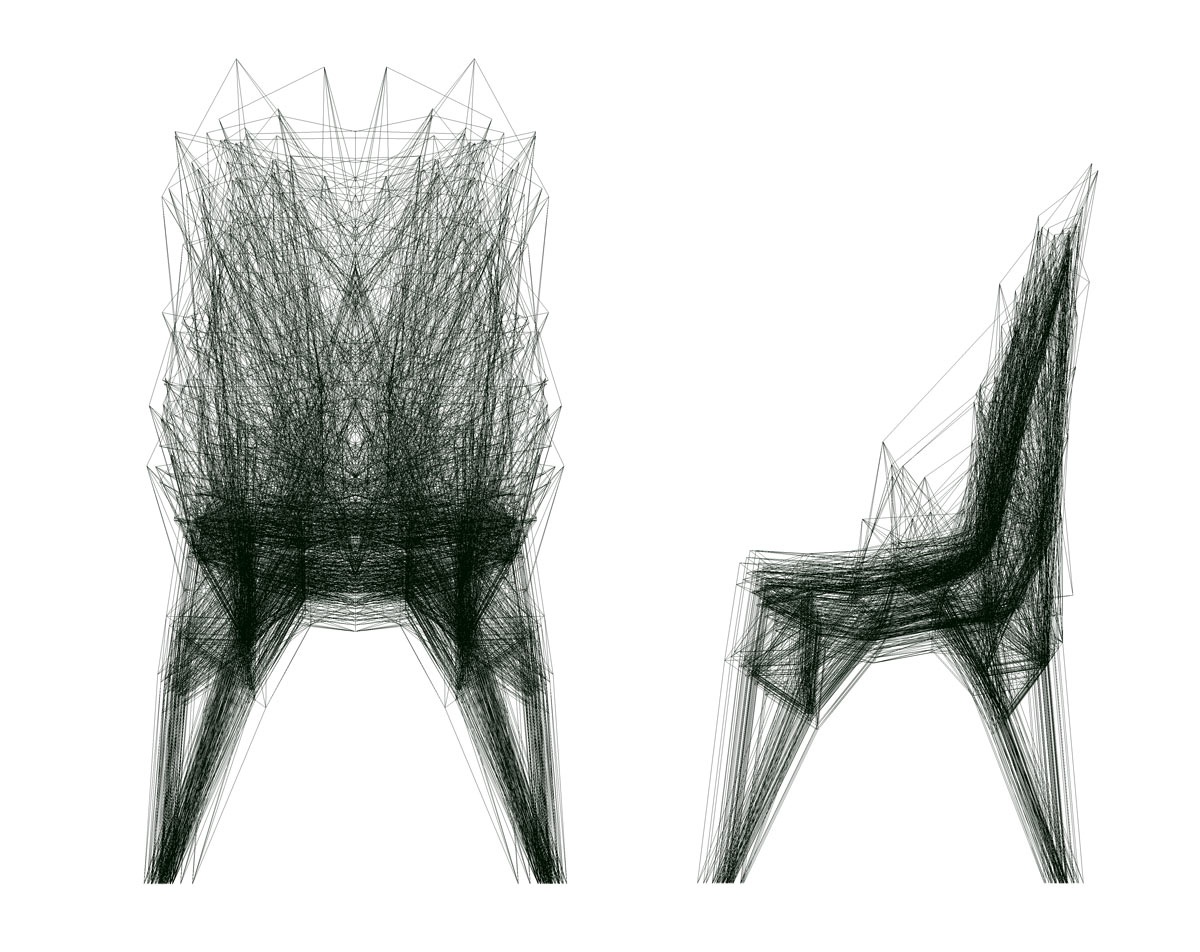
Zhang's collections have been exhibited widely around the world and selected by museums as well as individual collectors. His work has appeared in mainstream media such as Wallpaper*, the New York Times, and Vogue.

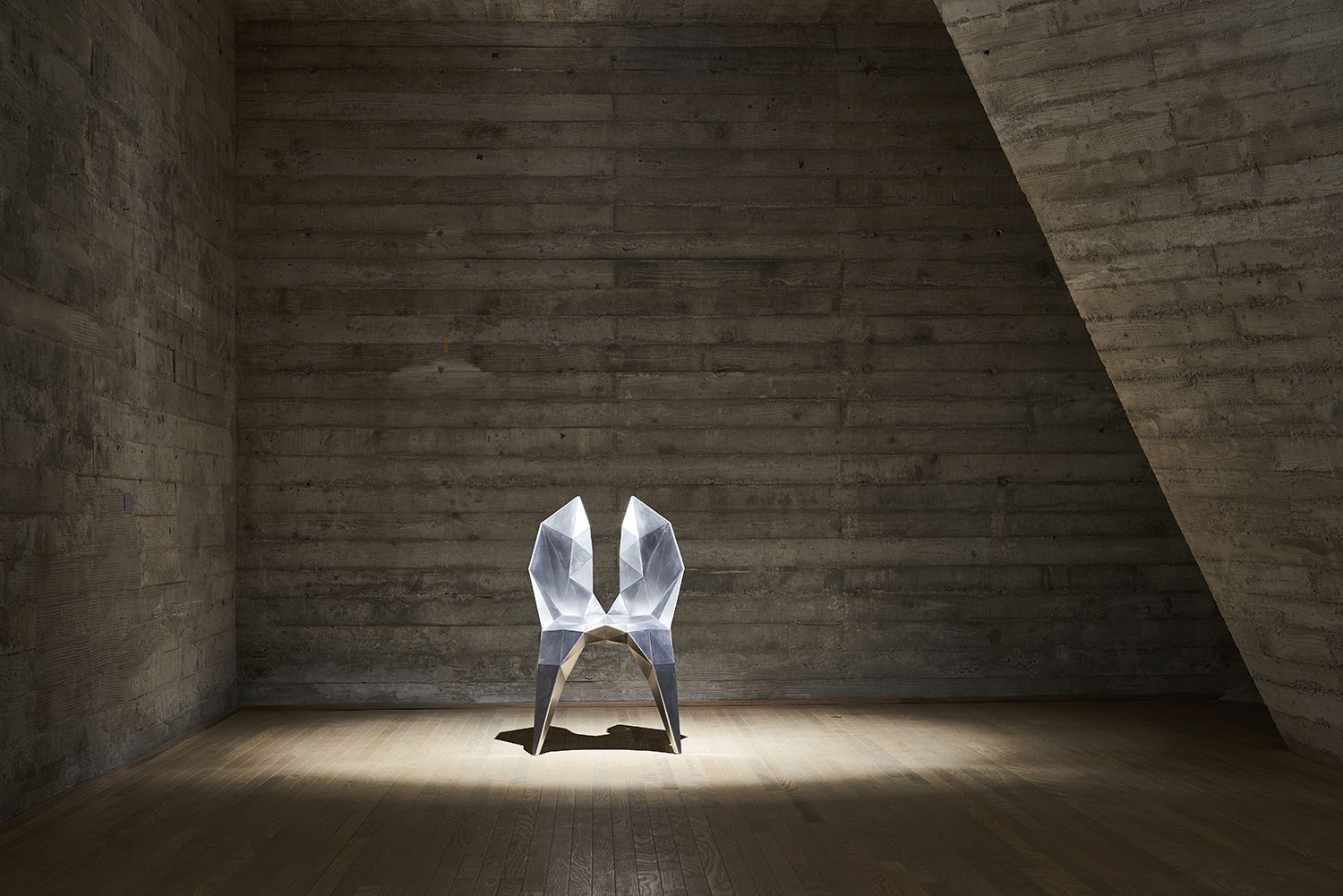
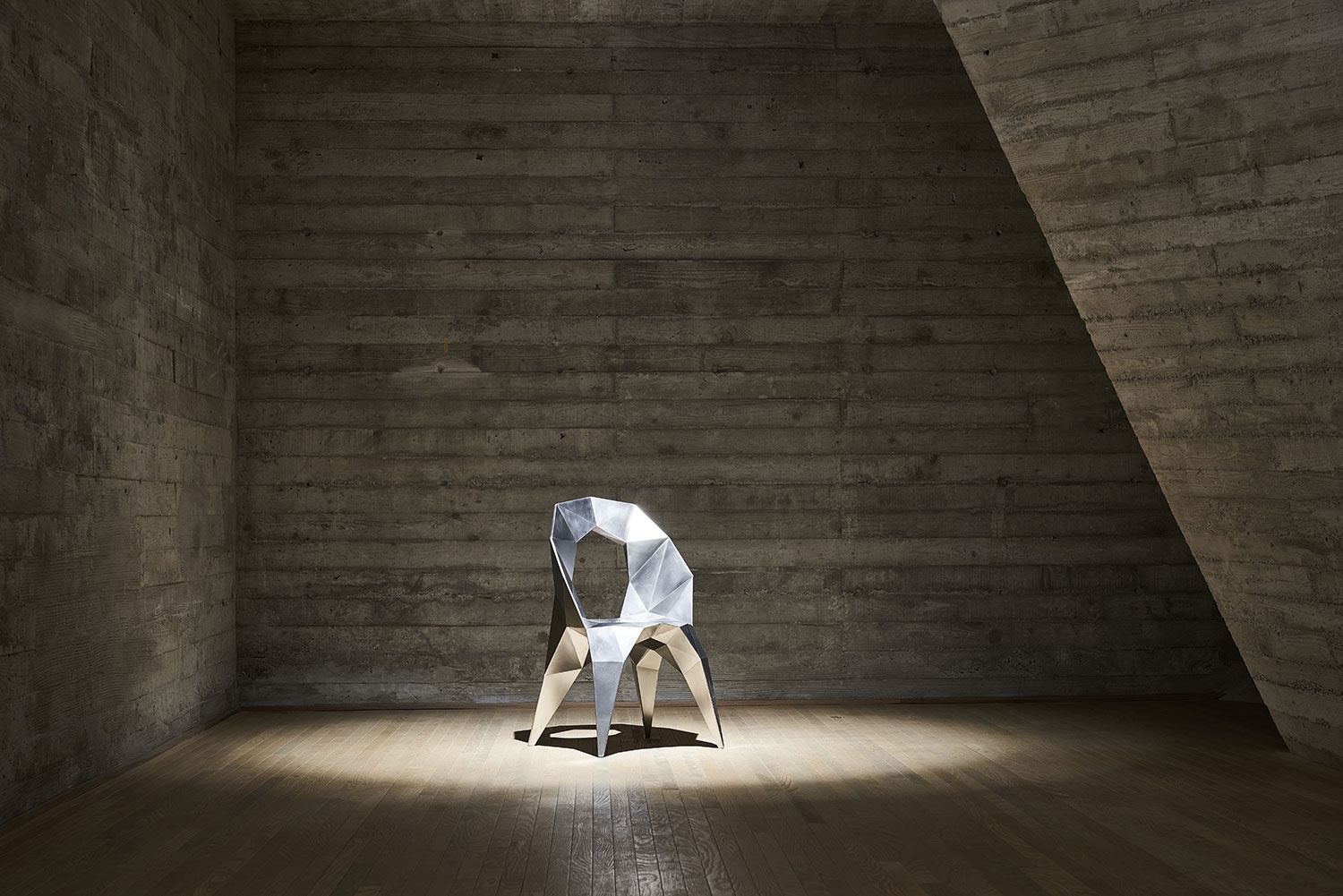
Founded by Zhang Zhoujie Digital Lab in 2014 and formally launched in 2018, Endless Form® is a groundbreaking furniture brand known for its diversity and personalisation.
Endless Form® is based on Zhang Zhoujie and his team’s eight years of experience in digital art and design; the studio has officially launched a series of award-winning mass-produced digital furniture products. Endless Form® focuses on avant-garde, high-end clients while providing a small amount of hand-made customised services to shape and promote a new direction in the digital era.
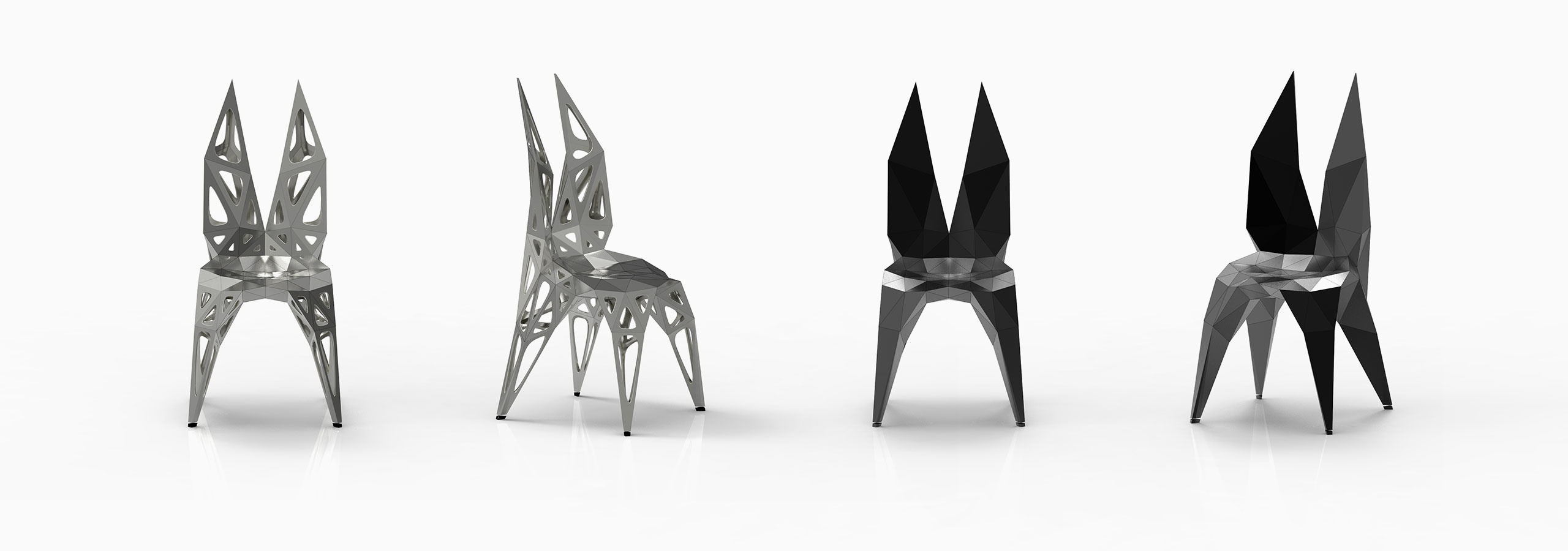
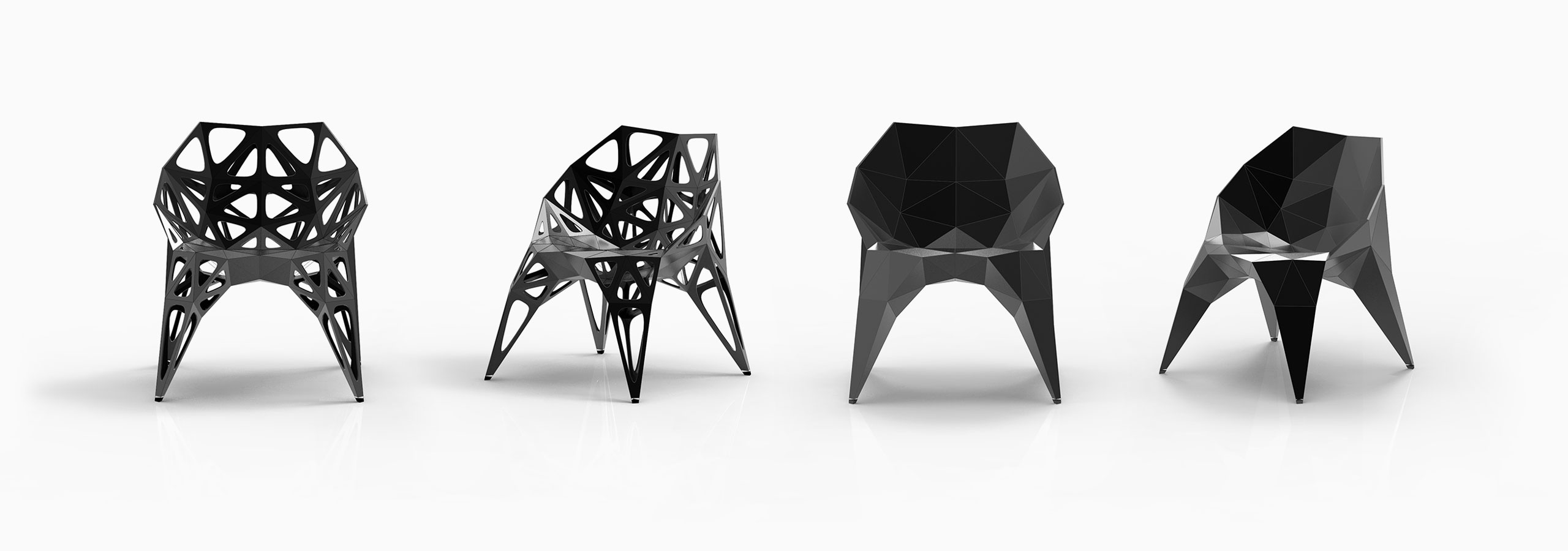
At Design Shanghai 2018 (14-17 March), Endless Form® presents a series of revolutionary and disruptive digital furniture products. The concept of Endless Form is also the theme of the exhibition, together with an eye-catching installation of nearly 100 pieces of chairs at the courtyard of the venue. Each piece of furniture is unique and has a futuristic perspective – the designer is not a person, but rather a computer.
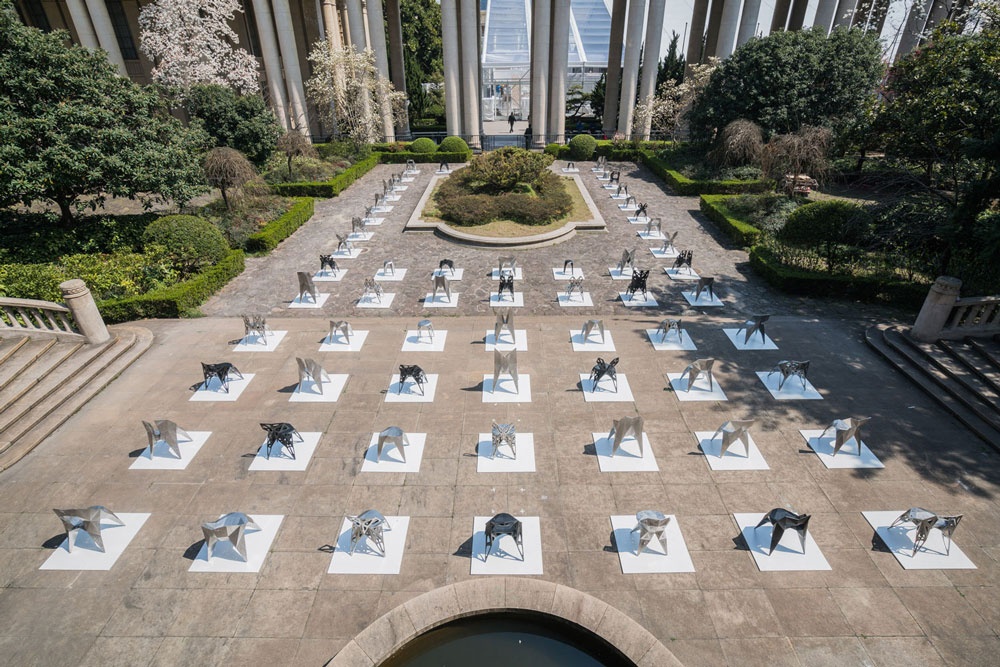
Zhang has two fundamentals rules when designing all his products. The first one is to respect the digital and logical rules and design without anticipation; the other one is to give as little control as possible. These digital chairs are a perfect practice of Zhang's design rules. Zhang believes that design should be spontaneous, like poem and emotions. It should be the natural reflection of acknowledge an understanding of the world. As for the chair, it should be naturally looking, to be the way it should be without affectation. Building on his design philosophy, Zhang designed the chair without limitations and thousands of possibilities came out.
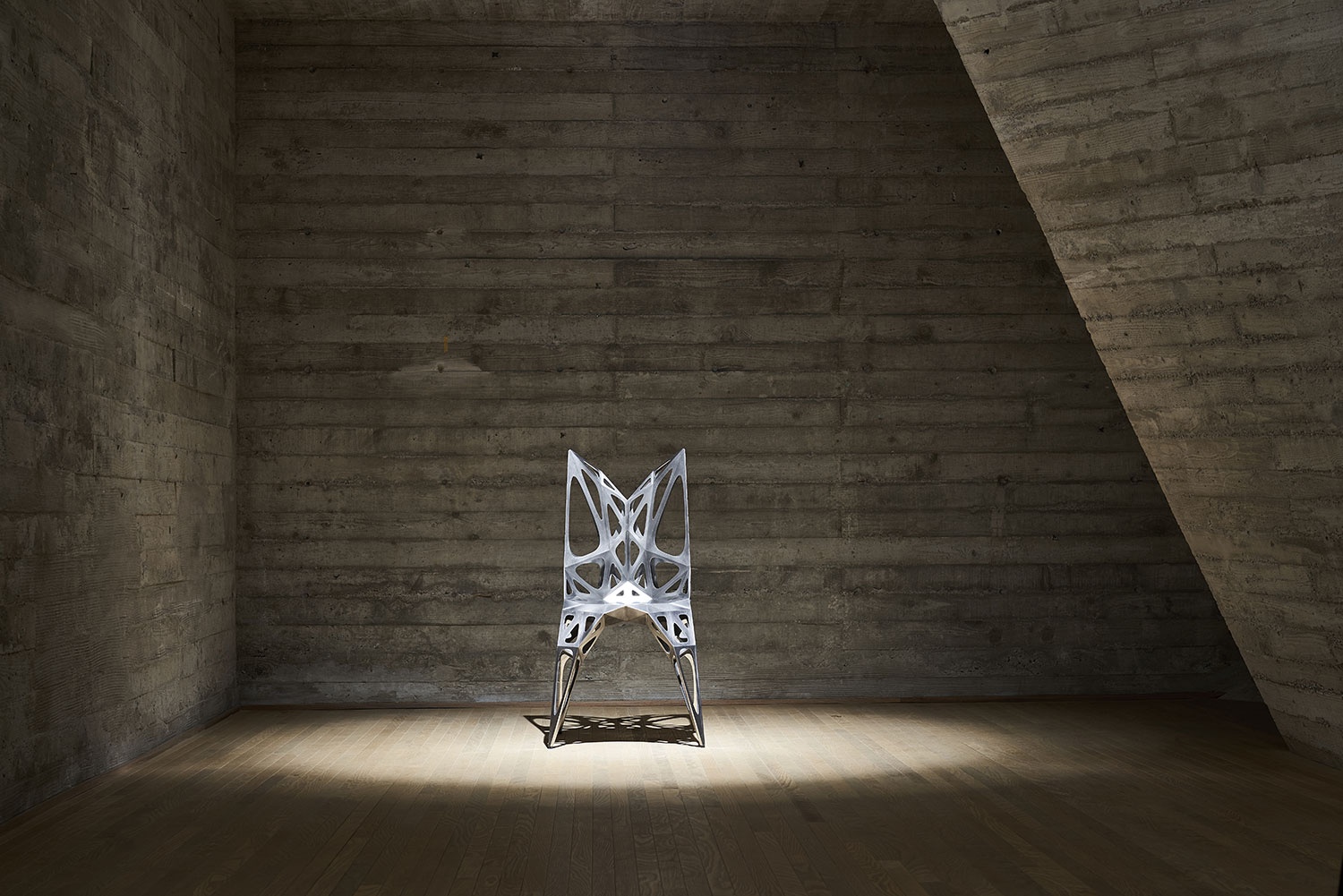
Zhang thinks that computer should play a much more important role in design. Designers can set the constraints in computers and allow it to think and design by itself. It is a kind of artificial intelligence, and it is very exiting to see what artificial intelligence can design.
Zhang gave it a shot and here comes the 'Triangulation Chair'. In the future, we can even imagine that computer could design something people have never think of, and succeed human design in some levels. Computers' quantitative skills and sensitivity to external environment is already better than human, when coming to design, Zhang wants to see the possibilities. The reason behind it is that, designers used to design for tens of thousands or even millions of customers, but nowadays, people wants to have designs for themselves. A compromise is that, products have different sizes such as S, M, L, but these don't have to exist if all the designs are tailored only for one person. Without computers, designers can't achieve that.
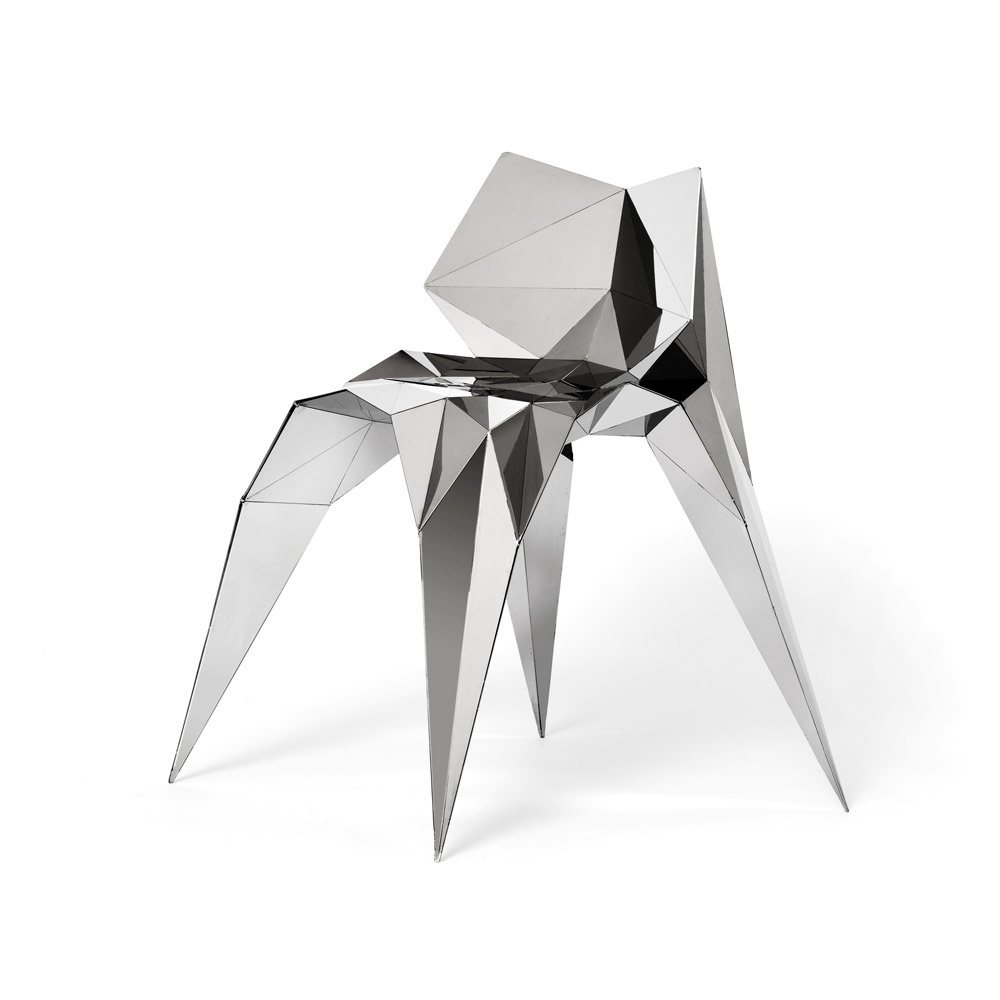










1 / 31
show thumbnailsnext picture previous picture start slideshow close lightbox